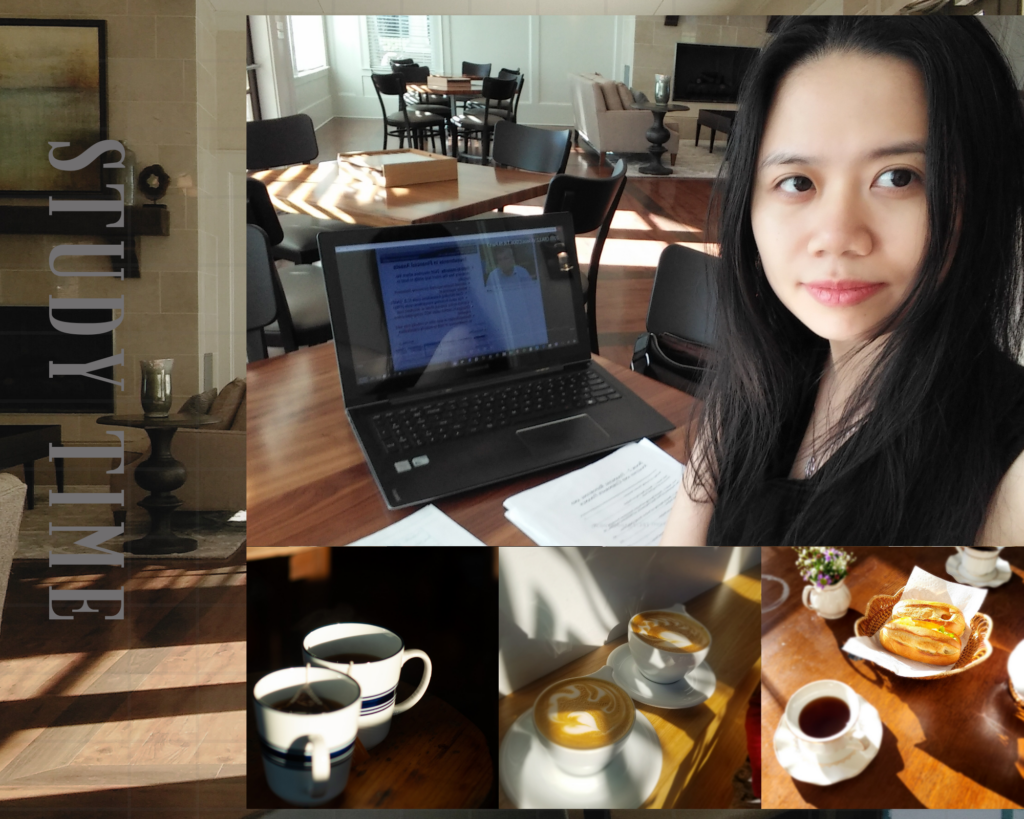Do you ever find yourself caught up in a never-ending cycle of buying the latest products, only to feel unfulfilled shortly after? It’s a common phenomenon in today’s consumer-driven society. In this article, we will get down to the root cause of why chasing material possessions for happiness is a false pursuit. Once we understand and embrace our true selves, we can find ways to cope with materialism and consumerism more peacefully and effectively.
In short, our brain is programmed to feel happy when purchasing. Consumption generates dopamine, which is a happiness hormone. According to research from Stanford, when we see pictures of items we would like to buy, the dopamine receptors in our brains are activated. The concept of “less consumption, more joy” behind minimalism is counterintuitive if we consider the scientific approach.
Any attempt to go against our human nature will only result in frustration and failure. It takes paramount effort to be disciplined with our spending and make wise purchase decisions. When we have to limit our spending, we become unhappy.
The problem with dopamine is that it can lead to addiction to indulgence. Once we feel pleasure with our new purchase, we have to shop more and more to achieve that same gratifying high. To maintain a healthy budget, it is essential to understand the role of dopamine and find healthier alternatives to this happiness-inducing mechanism. Here are some healthy habits that can trigger the same level of happiness:
1. Play a sport or work out:
This happiness-hormone generator is good for your health, beauty, and fitness. Plus it is a low-cost way of improving your mental and physical wellness.

2. Acquire new knowledge and skills:
While expenses drain your budget, investment enriches it to abundance. Take advice from the Oracle of Omaha “The best investment is in yourself”, it’s a wise choice to invest in knowledge rather than expense for your indulgence. A dollar saved from expenses today will make an exponential return in real money over time. In the short term, a dollar well invested in acquiring new knowledge generates the same happiness hormone as buying a consumption good. To make it easier, I would recommend choosing a rather fun and easy-to-learn skill to begin with.

3. Start a creative endeavor:
If you are more of an art person than an athletic one, a creative endeavor is a great happiness pursuit. Before falling into any temptation to quickly purchase a product or a service, try to do it yourself first. It may take a little longer time and effort. But the genuine happiness of fulfilling a creative project is worth it anyway.

4. Meditate:
According to recent research from the Stanford Brain Performance Center, we can simply boost our happiness with meditation. If you are the type of person who finds it difficult to sit still, just like I am, you can start with 5 minutes every day. For beginners, I would recommend you to follow the guidance in the book “Happiness is a state of mind” by His Holiness, the Gyalwang Drukpa.

5. Start a new project
Whether it’s a new business or a non-profit endeavor, it helps distract the brain from the unhealthy source of dopamine. When you work hard to create value instead of buying value through a quick purchase, your life will be filled with small but meaningful winning moments along the way to success. The downside of this replacement is the difficulty and speed of our progress. However, starting up a business and creating values don’t need to be big and loud. Once you start something small within your capabilities and stay true to your values, you will find genuine happiness connecting with your inner child. He or she once felt daring and limitless in doing what she loved.

Materialism and consumerism have the same root cause as all other dopamine-triggered habits inherently from modern society like emotional eating, smartphones, or game addiction. They can be treated by our conscious change to a more healthy lifestyle. In this humble blog post, I only propose 5 easy ways that may well suit your style and character. For more details about how to successfully treat consumerism and materialism, please check out this article from Harvard Health Publishing. Happy reading!



1 Comment